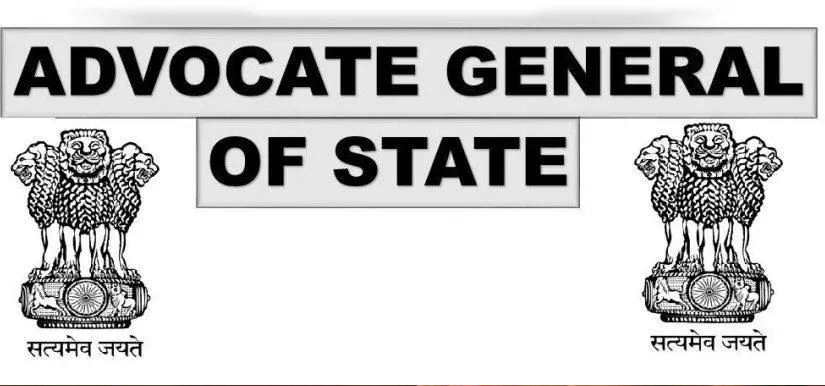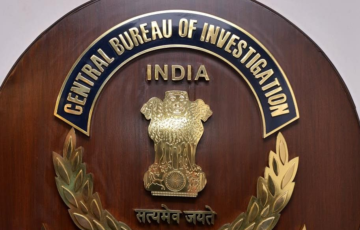ADVOCATE GENERAL OF STATE
Introduction:
- Article 165 of the Indian Constitution establishes the office of Advocate General of State, who is the state’s highest legal officer.
- The Advocate General of State (A-G) is the highest legal advisor to the state government in India.
- The A-G is appointed by the Governor of the state and holds office during the pleasure of the Governor.
- The A-G must be a person who is qualified to be appointed as a Judge of the High Court.
- The A-G is a highly respected figure in the state legal community and their appointment is seen as a sign of the state government’s commitment to the rule of law.
Appointment of Advocate General of State:
The Governor appoints the Advocate General of State on the recommendation of the state’s council of ministers. To be eligible for the position of Advocate General of State, a person must:
- Be an Indian citizen.
- Be eligible to be appointed as a judge of the High Court, which means meeting one of the following criteria:
- Having more than 5 years of experience as a barrister.
- Having more than 10 years of experience as a civil servant, including at least 3 years of experience as a servant in a Zila Court.
- Having practiced law for more than 10 years in any high court.
- Be less than 62 years of age, which is the age limit for High Court judges.
Term and Removal of Advocate General of State
- The Advocate General of State in India serves at the Governor’s discretion, meaning there is no fixed term of office.
- The Constitution of India does not specify the procedure or grounds for removing the Advocate General of State, who can be removed by the Governor at any time.
- The Advocate General may resign from public office by submitting a letter of resignation to the state governor.
Functions
- Advising the state government on all legal matters.
- Representing the state government in court.
- Conducting all litigation on behalf of the state government.
- Drafting and revising legislation.
- Settling terms and conditions of contracts to which the state government is a party.
- Granting consent for the institution of criminal proceedings against public servants.
- The A-G plays an important role in the state legal system and in the protection of the rule of law.
- The A-G is an independent constitutional functionary and is not bound by the directions of the state government.
Limitations
- The A-G serves at the pleasure of the Governor. This means that the Governor can remove the A-G from office at any time, without cause.
- The A-G is accountable to the state legislature. This means that the A-G must answer questions from the state legislature about their work.
- The A-G is subject to the rule of law. This means that the A-G must act in accordance with the law, and cannot give advice or take actions that are illegal.
- The A-G plays an important role in the Indian legal system. The A-G ensures that the state government complies with the law and that its actions are constitutional. The A-G also plays a role in the development of state law by providing advice to the state government on the drafting and interpretation of legislation.













